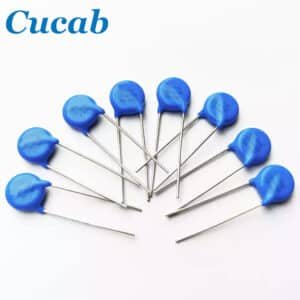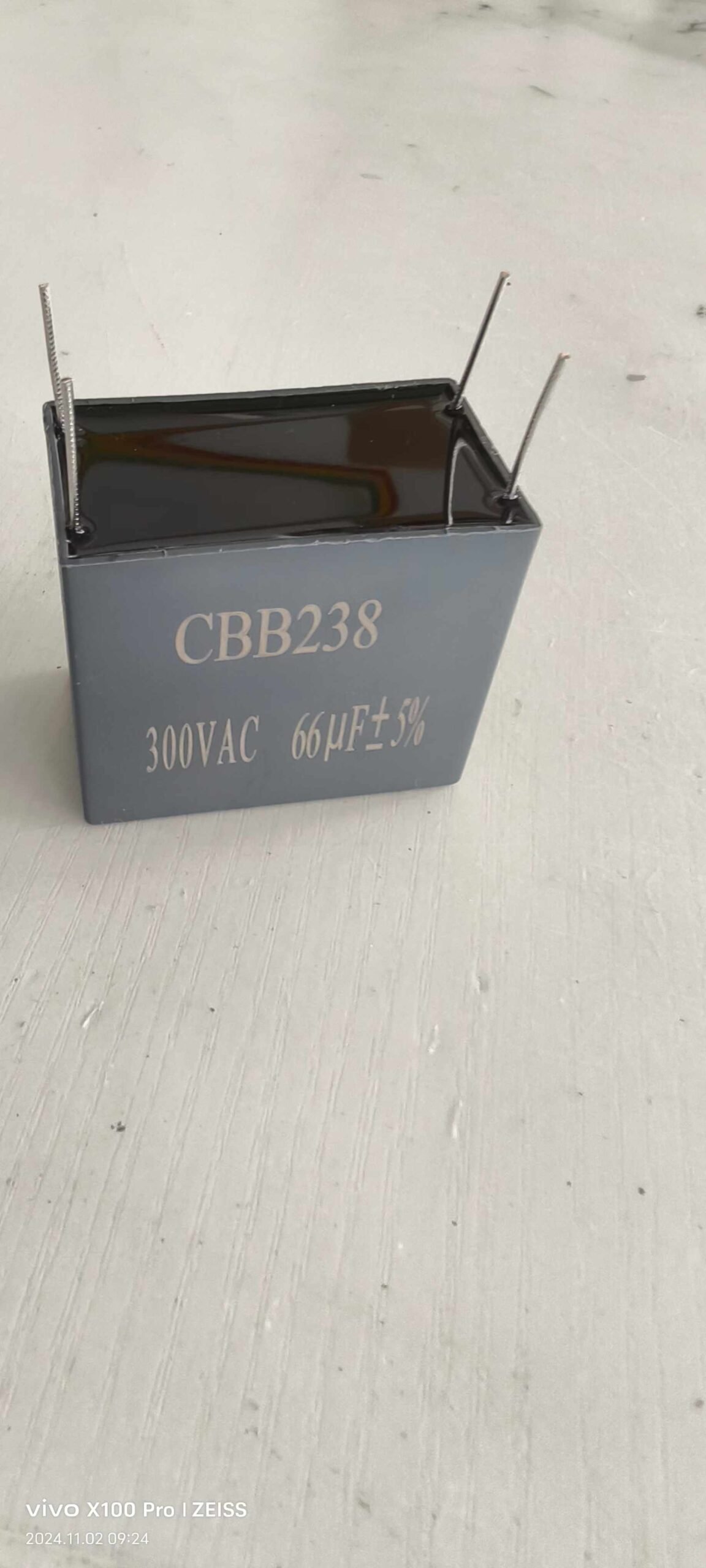
Professional Customized High Voltage Pulse Capacitor, Small Self-Inductance, Large Current, Long Life, Non-Standard Arbitrary Voltage, Capacity
Professional Customized High Voltage Pulse Capacitor, Small Self-Inductance, Large Current, Long Life,…






